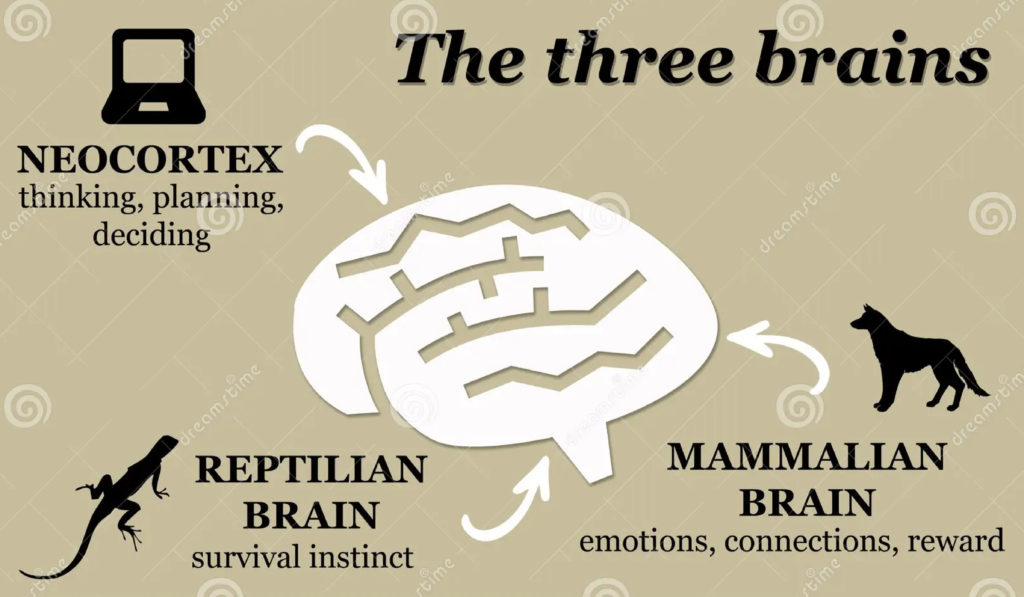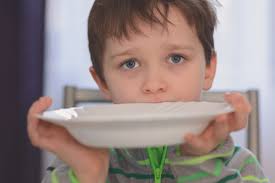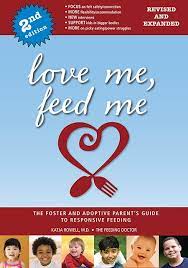All Things Respite
Respite funds are available to adoptive families to help strengthen your family. This can mean spending some time away from your children and refilling your emotional tank. It can look like you attending parenting trainings so you can improve those skills. Sometimes families use this funding to help their child build self-regulation skills through certain activities. The bottom line is that as adoptive parents, you are entitled to respite funding to keep your family close and connected.
All Things Respite Read More »










